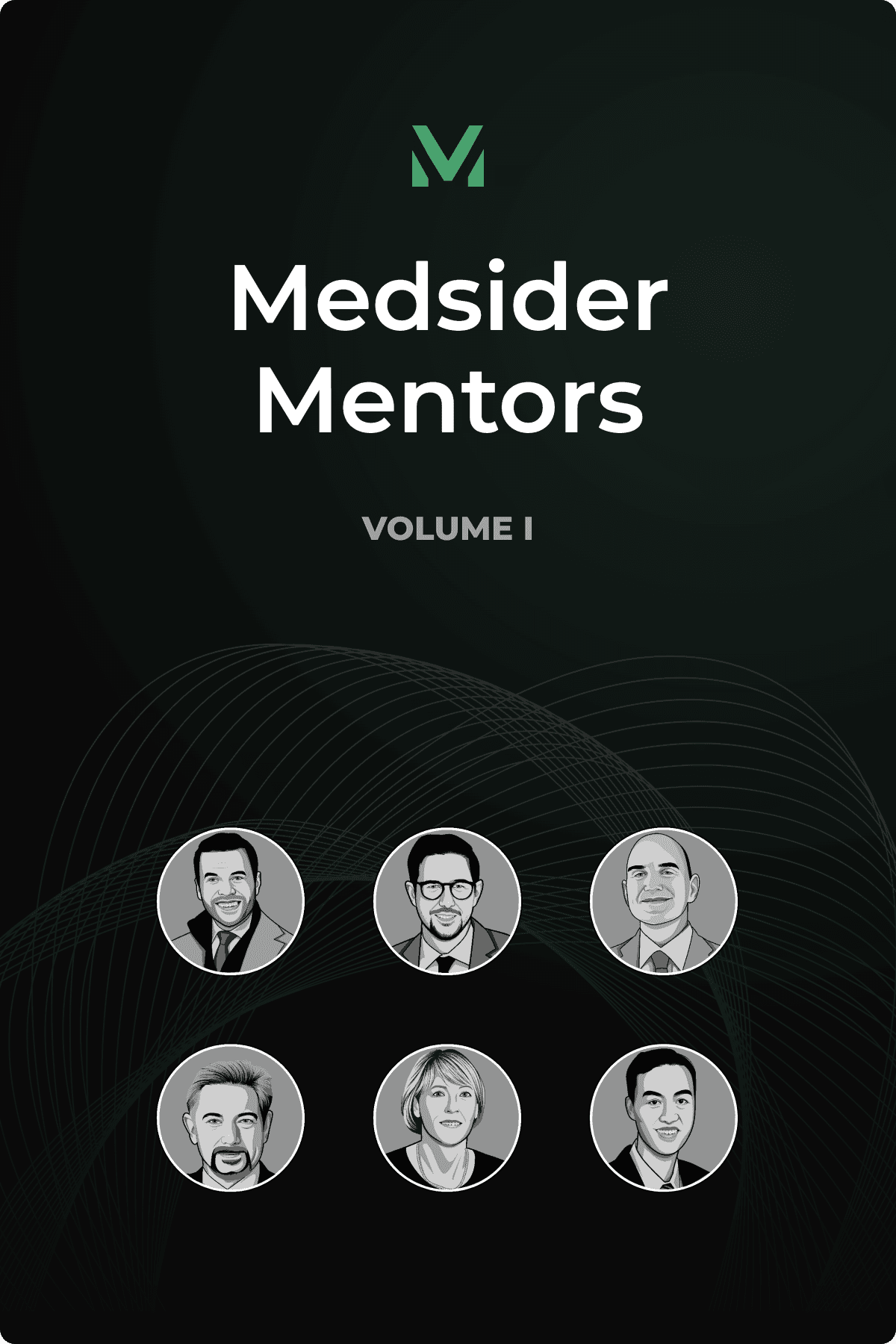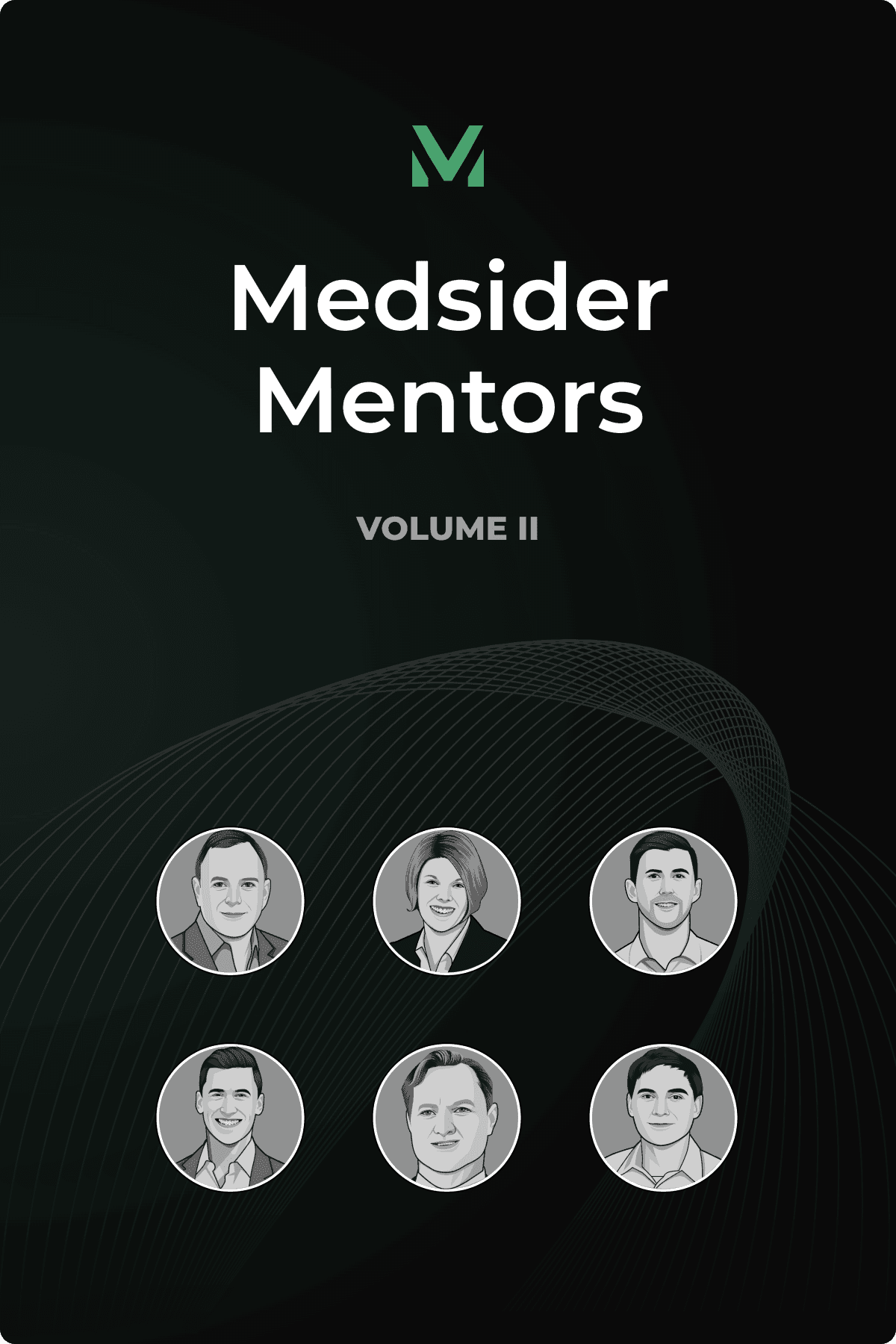Lessons in Leadership — Building a Successful Team and Checking Your Ego at the Door
Interview with Check-Cap Founder and CTO Yoav Kimchy

It’s estimated that about 40 percent of people who are at risk for colon cancer have never been screened. People avoid the screening process for a number of reasons, including fear, discomfort, and an uncomfortable preparation process leading up to the screening itself.
That's why Yoav Kimchy, Founder and CTO of Check-Cap, launched the company in 2005 with the goal of creating a technology that could make colorectal screenings easier and less invasive for patients.
The company developed a first-of-its-kind technology — the C-Scan ingestible capsule, or C-Scan Cap. In lieu of a traditional colonoscopy procedure, patients can swallow C-Scan Cap just like a normal pill. The capsule then travels naturally along the gastrointestinal tract while scanning the inner lining of the colon.
“The person is free to do whatever he wants while the capsule is traveling naturally, and then it goes out. All the data is recorded and then reconstructed for the physician to look for potential polyps, which are the precursors of colon cancer,” Yoav says.
The goal is to find polyps before they become cancerous, he adds.
Check-Cap received a CE mark in 2018 and the marketing approval was reauthorized in 2021 for another five years.
The company is now focused primarily on getting clearance from FDA for the U.S. market. In May 2022, Check-Cap launched a pivotal trial that will be conducted across 15 clinical sites in the United States, with a goal of enrolling about 1,000 trial participants between the ages of 50 and 75.
Check-Cap is also working with the Centers for Medicare & Medicaid Services to obtain reimbursement for C-Scan.
Yoav says the company is exploring additional products that can use the C-Scan system, too.
“It looks like we have quite a few potential components or potential products that can come out of what we have, which is very exciting as well,” he says.
In this episode of Medsider, Yoav shares how getting early feedback from regulatory professionals can help streamline your development efforts, why you should shift your team’s focus as your company grows, and the importance of knowing when to lead and when to follow.
You May Like These Articles
Medsider Premium
Become a premium member and unlock access to exclusive Medsider benefits.



